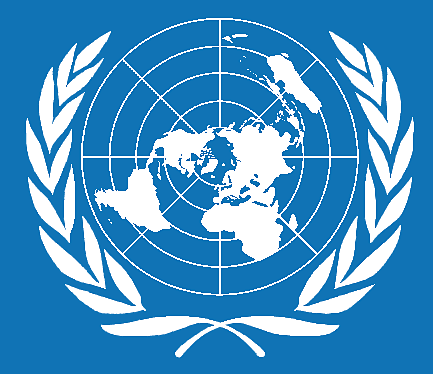UN food summit to ends without much progress
 Rome - A three-day United Nations food summit marked by the failure to secure substantial new funds to combat world hunger wrapped up in Rome on Wednesday.
Rome - A three-day United Nations food summit marked by the failure to secure substantial new funds to combat world hunger wrapped up in Rome on Wednesday.
Summit host, the UN Food and Agriculture Organization (FA0), estimates that some 44 billion dollars needs to be invested in agriculture annually to combat hunger.
That would equal 17 per cent of all official development aid instead of the current 5 per cent.
The number of hungry people topped the 1-billion mark in 2009, a year in which much of the globe has been gripped by economic crisis.
A closing news conference was scheduled later Wednesday with FAO Director-General Jacques Diouf and some of the summit participants which included leaders from around 60 nations.
But in a final declaration already approved on Monday, shortly after the summit began, participants failed to tie themselves to any sum of money.
"A single meeting can't solve world hunger, but we certainly expected far more than this," a development group Oxfam, spokeswoman Gawain Kripke said.
"The near total absence of of rich country leaders sent a poor message from the beginning. The summit offered few solid accomplishments," she added.
US President Barack Obama, who is on an Asian tour, did not attend. The only government leader from the Group of Eight leading industrialized nations present was Italian Prime Minister Silvio Berlusconi.
Participants renewed a pledge made at a similar FAO summit in 1996, to halve the number of hungry people by 2015.
However, while the final declaration also committed participants to the eradication of hunger, no time-frame was set for this.
Pope Benedict XVI, delivering, the keynote speech on Monday, stressed that greed and speculation, and not population growth, are the main causes of hunger and poverty.
In deploring the "destruction of food for economic gain," the pontiff also appeared to refer to the practice by some countries or agricultural sectors, mostly in developed nations, to eliminate their surplus production of food to keep prices up.
UN Secretary General Ban Ki-moon warned summit participants that world hunger, which he said kills 17,000 children every day, will worsen unless harmful climate change is curbed.
In his speech, Libyan leader Moamer Gaddafi condemned the legacy of colonialism in Africa, and criticized what he said was the monopoly on seed technology and other food production techniques held by multi-nationals.
However it was not all bad news, with Brazilian President Luiz Inacio Lula da Silva receiving an award from the group ActionAid for "successfully reducing hunger," in Brazil.
According to an ActionAid study, Brazil ranked top out of 29 other developing nations, and Lula was congratulated for reducing child malnutrition by 73 per cent and child deaths by 45 per cent over the past seven years. (dpa)